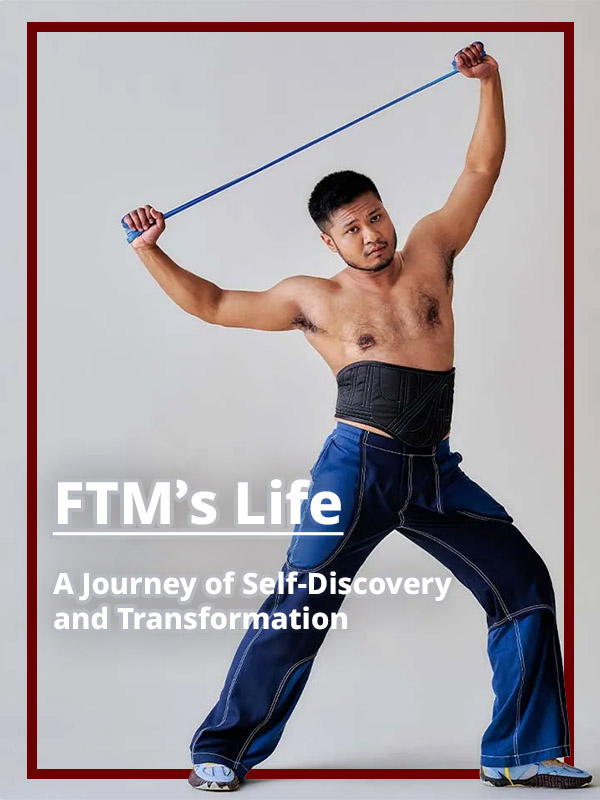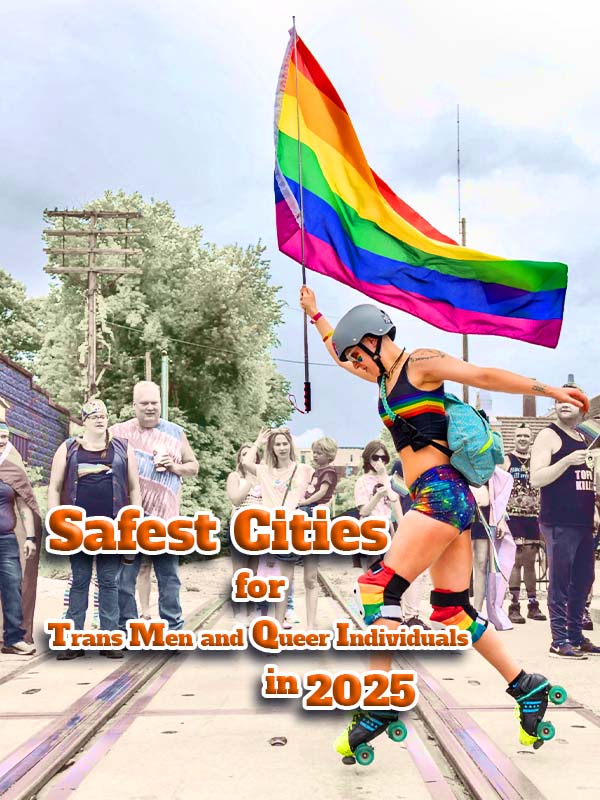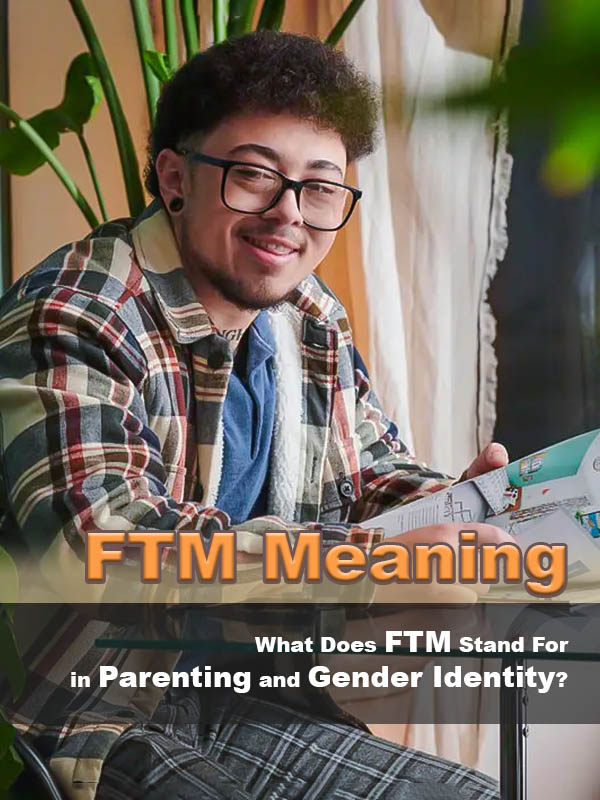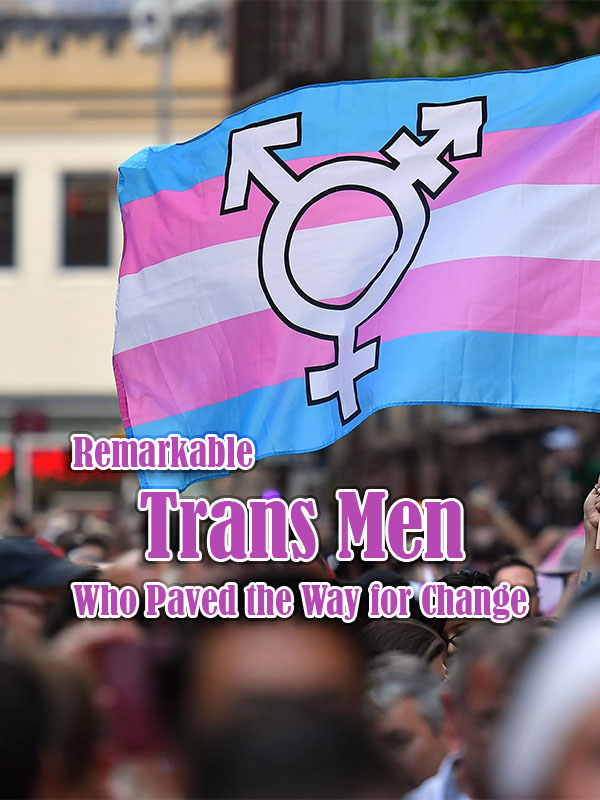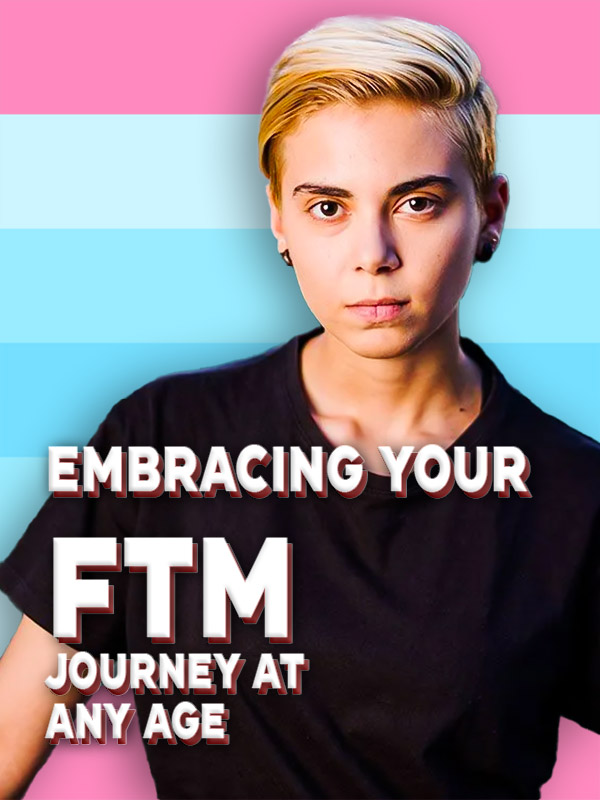Legal Right and Advocacy for FTM Individuals
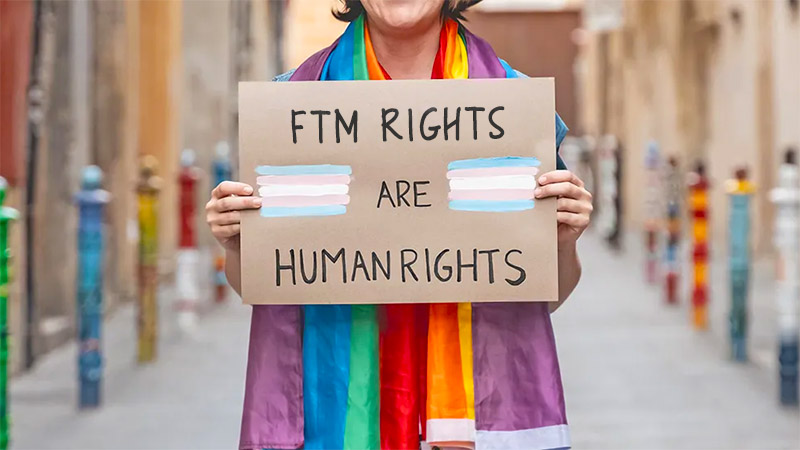
In 2024, the number of Trans individuals who are still denied rights to have their gender identity is disproportionately high. And for FTM individuals, legal gender recognition continues to be a battle that we have to fight especially as it relates to FTM gender rights. In this guide, FTM legal rights and advocacy are explored, and how positive reinforcements of these FTM Legal gender recognition can help support FTM individuals to take up space in the world at large.
The Importance of Legal Rights
Legal Rights that protect FTM individuals are significant in;
• Legal Gender Recognition (LGR)
Legal gender recognition has been a topic of division in recent years. However, anyone who knows us FTM individuals will assert that legal gender recognition is an important legal right because it gives FTM individuals the right to change their names, gender markers, and documents on an official level. It is worth noting that when we receive inconsistencies in our identified gender and the official documentation process, such as licenses and certificates which often leads to barriers that can limit our access to integral and rightful services such as healthcare, education, and other public resources.

• FTM Legal Rights for Democracy
We live in a political society, and consequently, the participation of FTM individuals in democracy cannot be downplayed. LGR is important in ensuring that we are treated equally as with other members of society because regardless of gender, we all share the same humanity of pain and joy. LGR is important in affirming individual rights in all areas of societal participation, including voting and nomination in political seats.
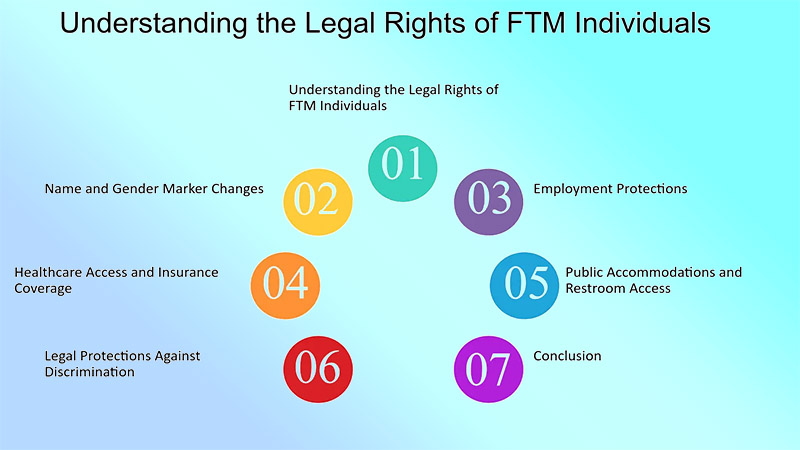
• Protection from Discrimination
Legal rights ensure that FTM individuals are protected from any harmful stereotype, discrimination, bias, or prejudice that we experience in our everyday spaces, such as the workplace, healthcare, educational institutions, religious spaces, and public spaces such as the library or parks. A good example of such legal protection is the U.S Equal Employment Opportunity Commission (EEOC), which prohibits the thwarting of LGBTQ people’s rights in the workplace. The Fair Housing Act prohibits discrimination against any person based on their sexual identity or sexual orientation and also protects us FTM individuals from discrimination.

Overview of Legal Rights for FTM Individuals
Here are some of the legal rights that protect FTM individuals.
• Access to Equal Healthcare
Equal access to healthcare for FTM individuals means;
a) Legal Right to Gender Affirming Care
We focus on our legal right to gender-affirming healthcare because our well-being and the quality of life that we live are dependent on this legal right. We FTM individuals must have legal protections to ensure that our healthcare needs are provided to us without discrimination.
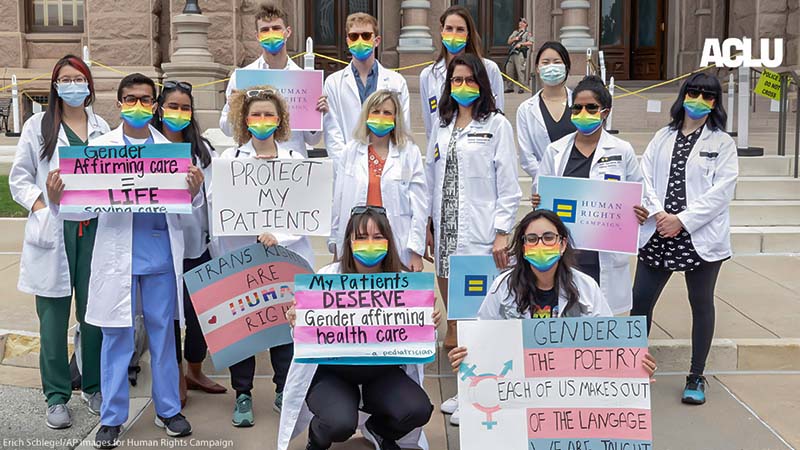
b) Healthcare insurance coverage
When seeking gender-affirming care, we love the benefits of insurance health coverage such as those that come with the surgical costs of transitioning. For instance, the Affordable Care Act prohibits discrimination based on an individual gender identity, and this means that we have the right to health insurance coverage solely based on our gender identity.

c) Healthcare specialists’ access
Part of our legal right to gender-affirming care entails the right to be treated by knowledgeable and specialized healthcare providers who understand our needs and gender care. For instance, this entails having access to healthcare specialists who are savvy in FTM-related surgical procedures and who can further recommend and review our needs for better treatment interventions.

• FTM Legal Rights to Safe and Inclusive Learning Environment
Education is a universal right regardless of anyone’s gender identity, and consequently, FTM individuals need to be part of the education institutions that instill knowledge and practices that can enable us to survive in the real world. As a result, it is essential to protect FTM’s legal rights to educational settings that can foster growth and development through;
a) Education anti-discrimination laws
Legal protections for FTM individuals in the education sector focus on laws that prohibit institutional models from preventing FTM individuals from having equal access to educational opportunities, facilities, and resources. For instance, the inclusive learning environment policy issues guidelines related to name usage, pronoun usage, and participation in sports to create an opportunity for FTM individuals in the educational domain. The Supreme Court 2020 ruling (Bostock v. Clayton County) ruled that discriminating against students based on their sexual orientation or gender identity is illegal making the legal right to inclusive education an important right to FTM individuals.
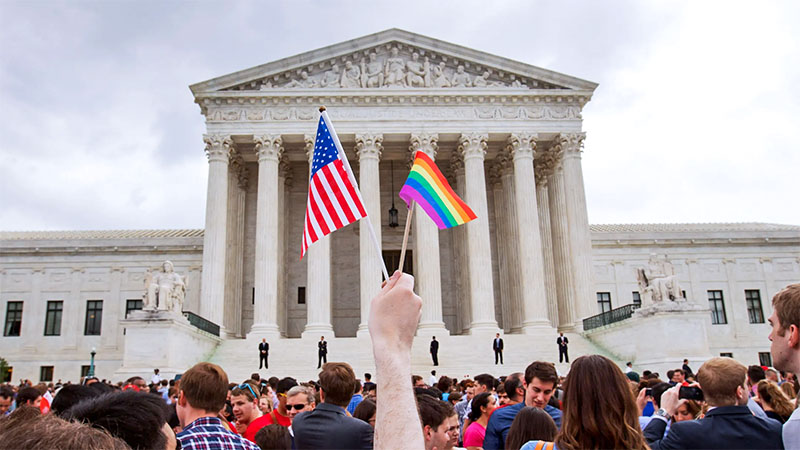
b) Inclusive curriculum
Education legal rights for FTM individuals should focus on gender-diverse activities that can foster belonging and togetherness for all students. For instance, FTM individual’s unique needs require the curriculum to include life skills lessons on how to navigate Trans discrimination in and out of the school setting.

• Prevention of Discrimination in the Workforce
Another important arena of FTM legal rights entails the right to a supportive and positive work environment. For instance, FTM individuals are more likely to face discrimination in job opportunities and offers, have unequal wages, experience harassment, or experience harsh treatment on the basis of their gender identity.
As such, the employment rights and legal protections available to us include;
a) The Equality Act 2010
The Equality Act 2010, for instance, prohibits any form of bias in the employment sector towards Trans people who have had gender reassignment surgery. Employment aspects such as recruitment, hiring, and dismissals are expected to pertain to just and fair activities that support FTM individuals in the workforce. The same act also condones any form of unfair treatment towards FTM individuals in the workplace.
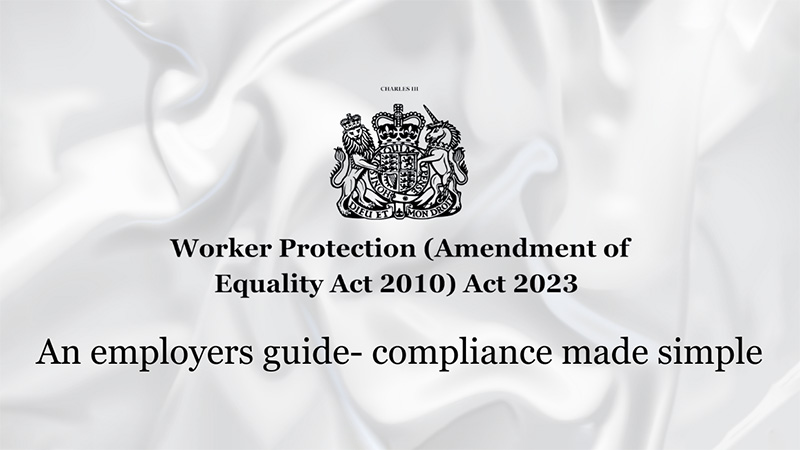
b) The Civil rights Act
The Civil Rights for instance, penalizes any employment discrimination practice that is hinged on sex or gender identity. This law extends to employers and ensures that FTM individuals do not fall prey to discrimination in hiring, firing, promotions, and employment-related roles.
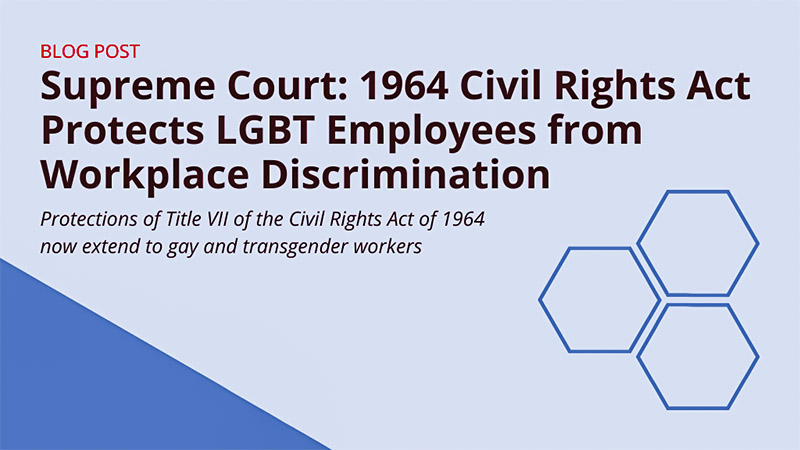
c) FTM Legal Rights in Housing and Accommodations
Shelter is a basic human right, and for FTM individuals this may not be the case as many FTM individuals report exclusion from housing and accommodation, which can be challenging. Seeking shelter is one thing; however, ensuring that we live in a safe and affordable environment where we will not encounter prejudice, bias, or even threats to our gender identity means that we need to have legal protections such as the;
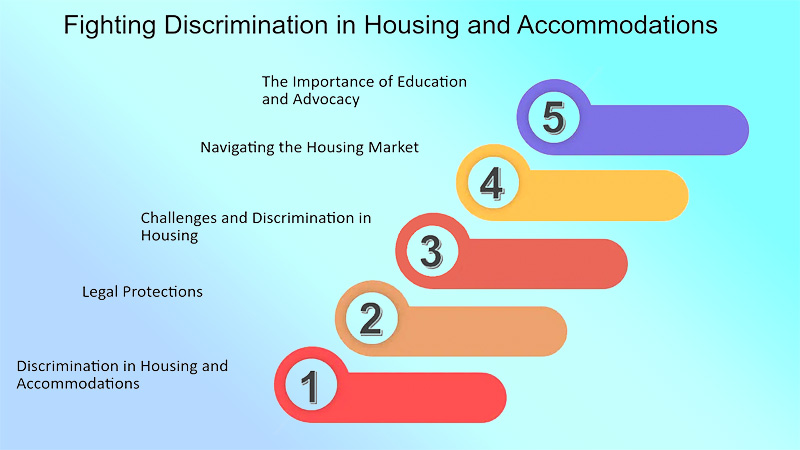
d) The Fair Housing Act
The Fair Housing Act is an important part of our legal protection as FTM as it penalizes discrimination against anyone based on race, color, religion, sex, and disability. While gender identity is not outright mentioned in this act, courts have included the sex category and interpreted it to include Transgender individuals who may face rife discrimination when seeking housing opportunities.
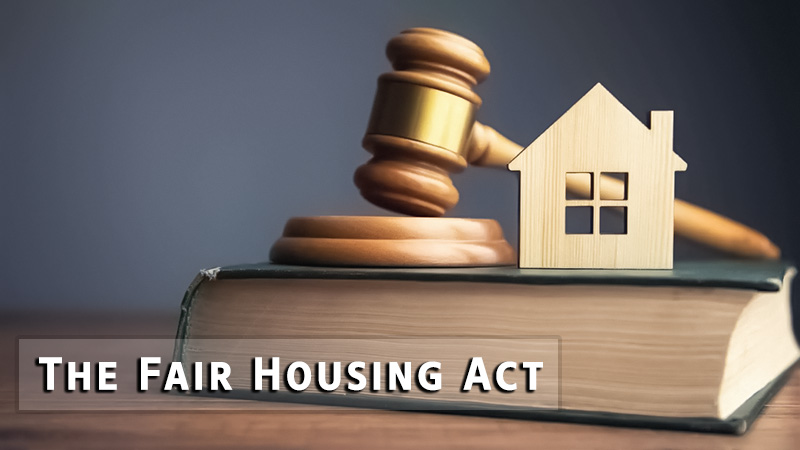
e) The Housing and Urban Development
The Housing and Urban Development law guidelines also offer FTM legal rights in housing and accommodation as it prohibits any discrimination based on one’s gender identity, all while striving to protect the overall LGBTQ community. The act outlines some of the most effective tenant and landlord practices that are meant to provide equitable and fair treatment to transgender people.
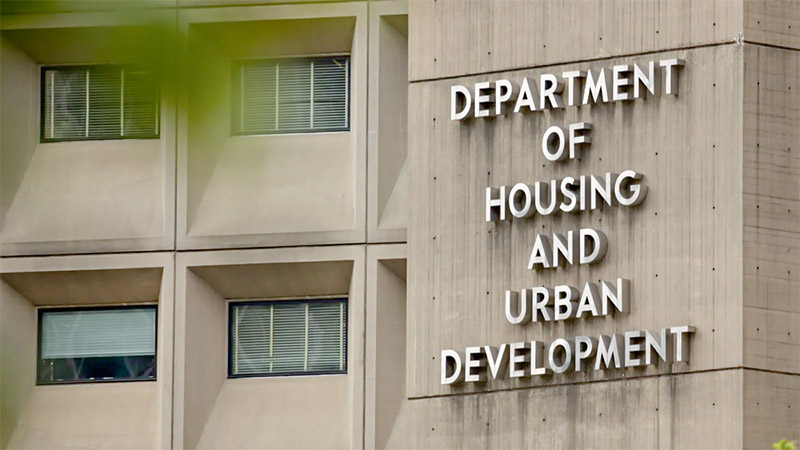
• FTM Legal Rights to Access Facilities and Services
Access to public facilities such as libraries, parks, recreational centers and restaurants, theaters, and hotels can be challenging for FTM individuals. As a result, it is the role of legal protections to ensure that is FTM individuals have safe spaces with equal access
a) The Use of Public Bathroom
The U.S. Department of Labor’s Occupational Safety and Health Administration (OSHA) asserts the need for employers to allow bathroom use for everyone regardless of gender identity. These laws should extend to schools that have locker room use, shower spaces, and urinals designated to specific genders. A good legal right to use the bathroom is with the District Columbia which states that bathrooms should have a single-unit occupation and labeled “gender-neutral” as a way to reduce discrimination directed towards using public facilities like bathrooms due to our gender identity.

As we FTM individuals seeking medical care may also face discrimination when accessing healthcare as they are more likely to be denied care and health interventions such as physical and mental health assessments. The ADA Act is put in place to ensure that Transgender individuals have equal access to public services such as healthcare.
Advocacy efforts and resources
FTM individuals require LGBTQ advocacy efforts and resources in and out in the workplace, in and out of our homes, and in educational spaces, including but not limited to public spaces such as public spaces in healthcare.
FTM Anti-Discrimination Laws and Regulation
Resources such as LGBTQ anti-discrimination laws and policies are effective advocacy tools for fighting for FTM individual rights. Federal laws such as the Equal Pay Act (ADA) and the Americans with Disabilities Act (DA) work to support us in FTM inclusion in the workplace, notwithstanding equal and fair treatment in hiring, firing, and promotional-related matters.
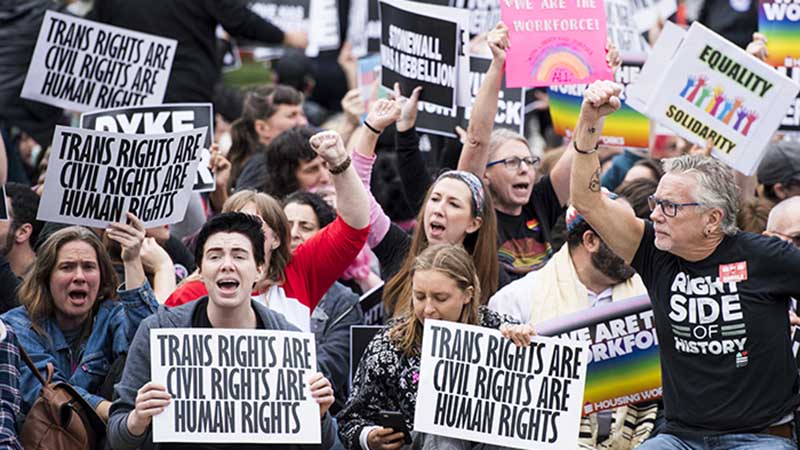
Policy re-evaluations and legislation
Another advocacy effort to support FTM Legal Rights is policy re-evaluations of existing anti-discrimination to include FTM identities. For instance, (the ADA Act) should be revised to specifically include FTM Identities instead of simply adding the ‘sex’ ‘color’, ‘race’, ‘age’, and ‘disabilities’ categories. FTM identity laws specifically curated towards gender identity will help fight for the plight of FTM.
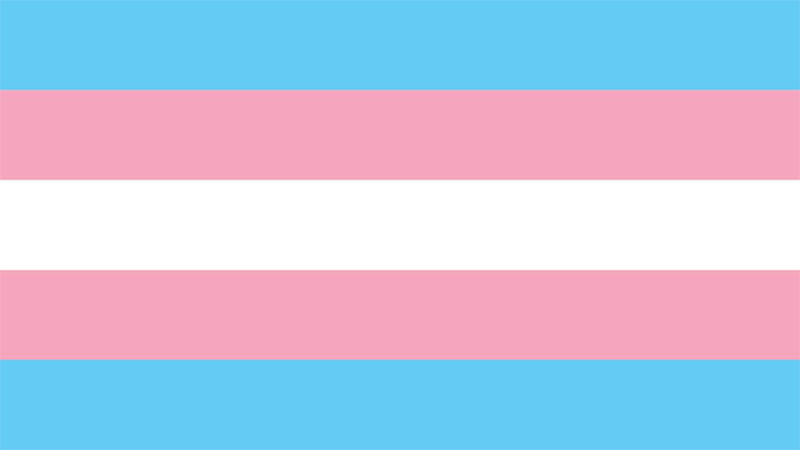
LGBTQ Online Spaces
Advocacy spaces such LGBTQIA+ community, the TrevorSpace, and The Arts Space online groups such as Zines and Fanfic offer community togetherness through finding friends and sharing their personal life stories. Online LGBTQ sports groups such as Crossfit Boxes offer support for FTM by accommodating all bodies and abilities through sports such as softball, kickball, and rugby. Lastly pride centers such as GSA (Gender Sexuality Alliance) help in protecting student legal rights in high schools and colleges.
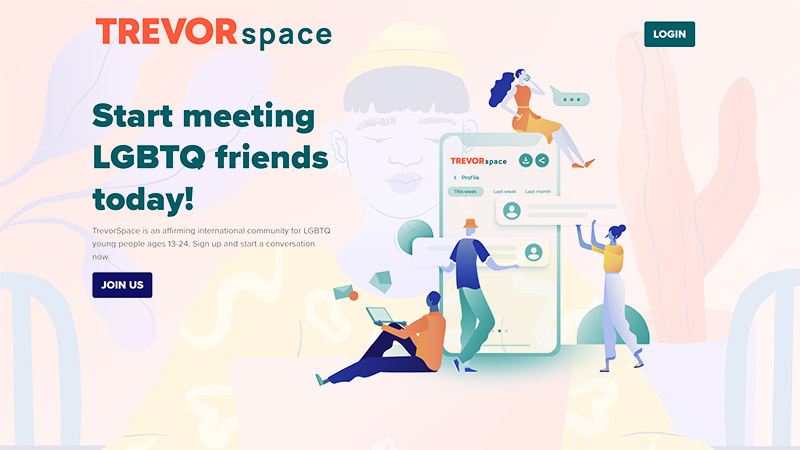
Internal and External Reporting
Efforts such as internal and external reporting of discrimination, harassment, bias, prejudice, and harmful stereotypes that may be going about in workplaces and educational centers is part of FTM legal rights advocacy. Internal reporting for FTM legal rights protection involves reporting incidences of discrimination to the employer or human resource management to rectify the incident, while external reporting entails reporting incidences to higher authorities such as government or equality commission bodies if internal reporting fails to yield satisfactory results.
Human Rights Codes
Human rights codes such as the British Columbia codes are another advocacy team that asserts that nobody should be discriminated against and rights such as freedom of assembly and freedom of religion, including but not limited to freedom of expression, should be upheld. Knowing this forces the world to acknowledge and protect the Legal FTM human rights code by merit.
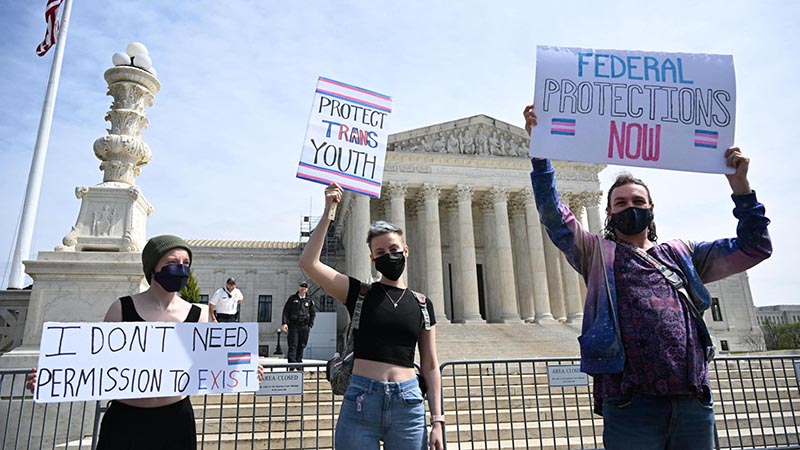
Conclusion
Every FTM and Trans individual should stand firm in advocating and asserting our gender identity. FTM legal identity recognition goes beyond our homes and extends to educational spaces, healthcare, and through the use of public services. At the end of the day FTM individuals are part of the human race and all grace and advocacy should ensure that our universal rights are acknowledged and advocated.

 Basic Packers
Basic Packers Pack & Play
Pack & Play STP
STP
